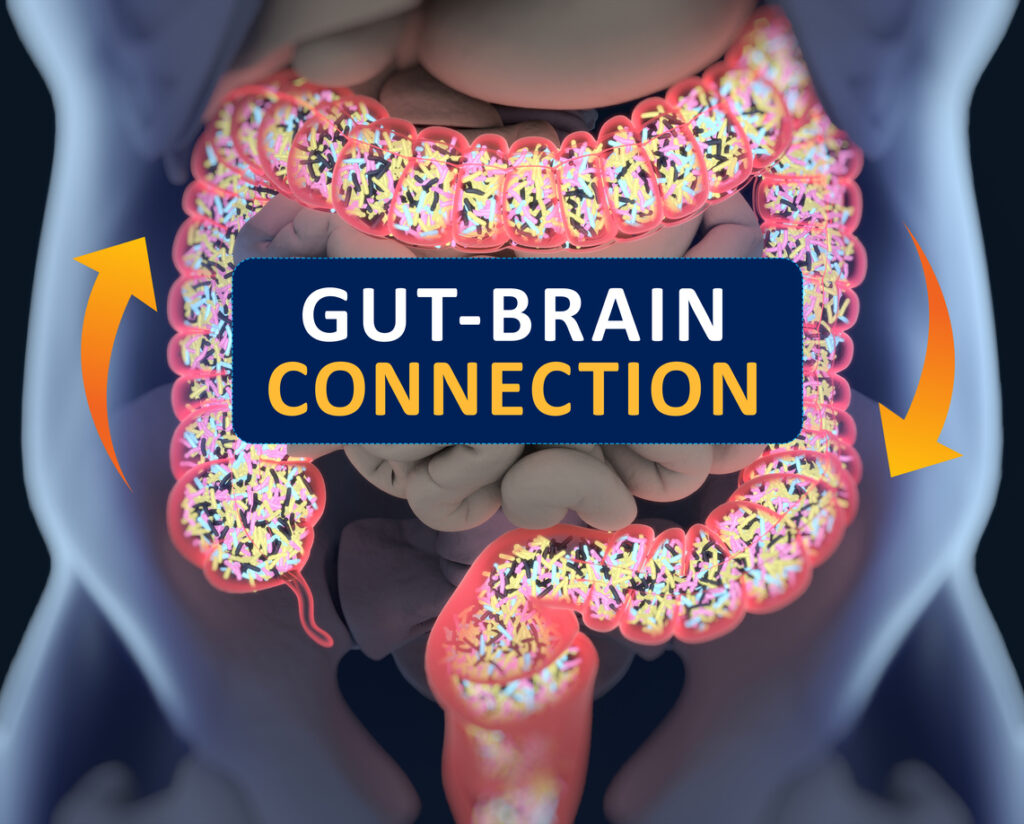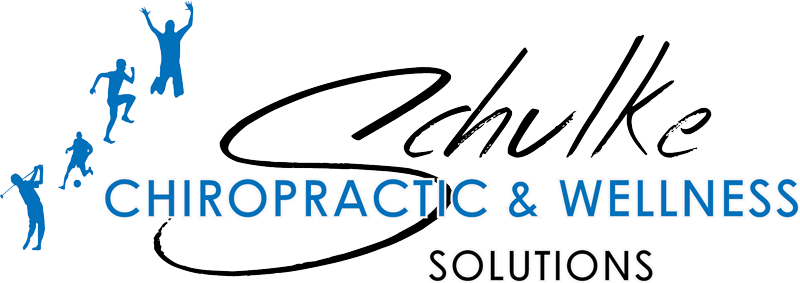Unlocking the Gut-Brain Connection: Parkinson’s Disease and Digestive Health

The intricate relationship between gut health and neurological disorders is increasingly coming to light. In this article, we explore and uncover how addressing gut health can be pivotal in understanding and potentially mitigating the progression of Parkinson’s disease and other neurodegenerative conditions.
The Gut-Brain Axis: A Two-Way Street
The gut and brain are interconnected via the vagus nerve, forming what’s known as the gut-brain axis. This connection plays a crucial role in maintaining both digestive and neurological health. Disruptions in this communication channel are linked to several conditions, including Parkinson’s disease, Alzheimer’s, and other movement disorders.
How Parkinson’s Links to Gut Health
How is gut health linked to Parkinson’s and other neurological conditions?
- Protein Accumulation in the Brain: Misfolded alpha-synuclein proteins, which are hallmark markers of Parkinson’s, may originate in the gut. Research suggests these proteins travel up the vagus nerve to the brain, affecting its neurons.
- Loss of Smell: Early signs of Parkinson’s often include anosmia (loss of smell), which may occur decades before diagnosis. This can be attributed to the deposits of misfolded proteins in the olfactory bulb.
- Digestive Issues: Constipation is one of the earliest symptoms of Parkinson’s. While not everyone with constipation will develop the disease, it’s an important indicator to assess gut health.
Early Detection Through Gut Biomarkers
The good news is that there is hope! In our Carmel, IN clinic, under the guidance of Dr. Matt Schulke, Functional Neurologist, we offer cutting-edge diagnostic tools to assess gut and brain health. Tests may include:
- Alpha-synuclein levels: Measuring the presence of these proteins in the gut to determine potential risks for neurodegenerative diseases.
- Gut permeability (leaky gut): Identifying disruptions in the tight junctions of intestinal cells using advanced gut health panels.
- Blood-brain barrier integrity: Evaluating if harmful substances are crossing into the brain using specialized markers.
- Microbiome analysis: Assessing the balance of gut bacteria, which plays a vital role in the gut-brain axis.
These are just a handful of the many diagnostic tools we employ. This allows us to provide a comprehensive picture of a patient’s health, enabling personalized interventions to mitigate risks.
Preventive Measures and Recommendations
Addressing gut health early—long before neurological symptoms appear—is key. Recommendations include:
- Regular screening for gut and brain biomarkers.
- Maintaining a healthy microbiome through diet and probiotics.
- Avoiding toxins and chemicals that exacerbate gut and brain inflammation.
At our clinic, Dr. Schulke works closely with patients to design tailored care plans, incorporating dietary strategies, functional neurology therapies, and holistic approaches to optimize overall health.
The gut-brain axis provides a promising avenue for understanding Parkinson’s disease and related disorders. By focusing on gut health, early interventions can potentially delay or prevent neurodegenerative conditions. This underscores the importance of integrated healthcare approaches that bridge neurology and gastroenterology.
If you are in the Carmel, IN area and want to explore how your gut health could impact your neurological well-being, contact our clinic here to schedule a consultation with Dr. Matt Schulke.
